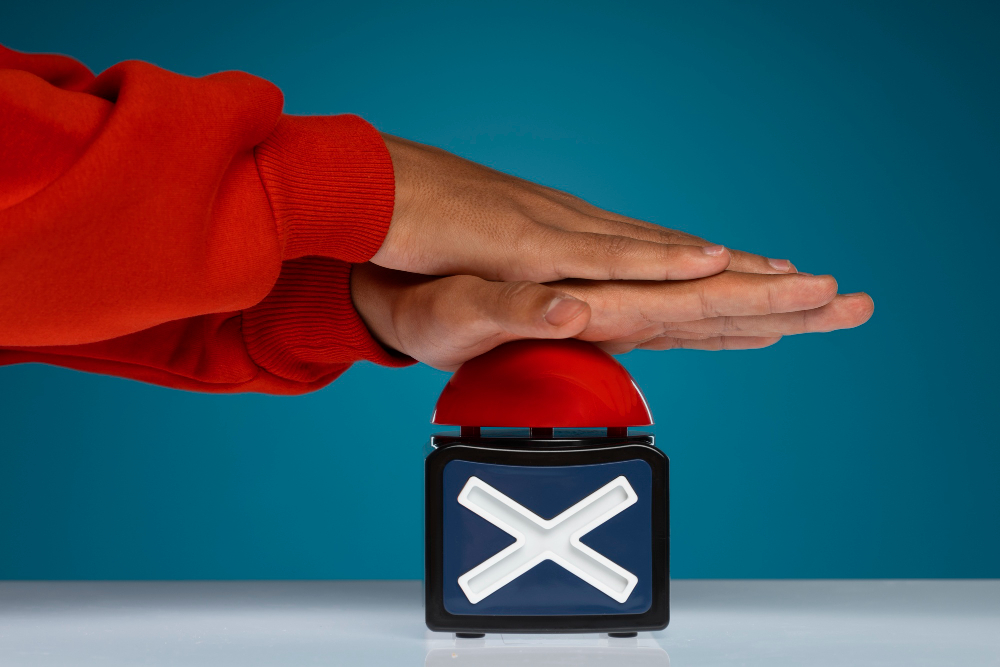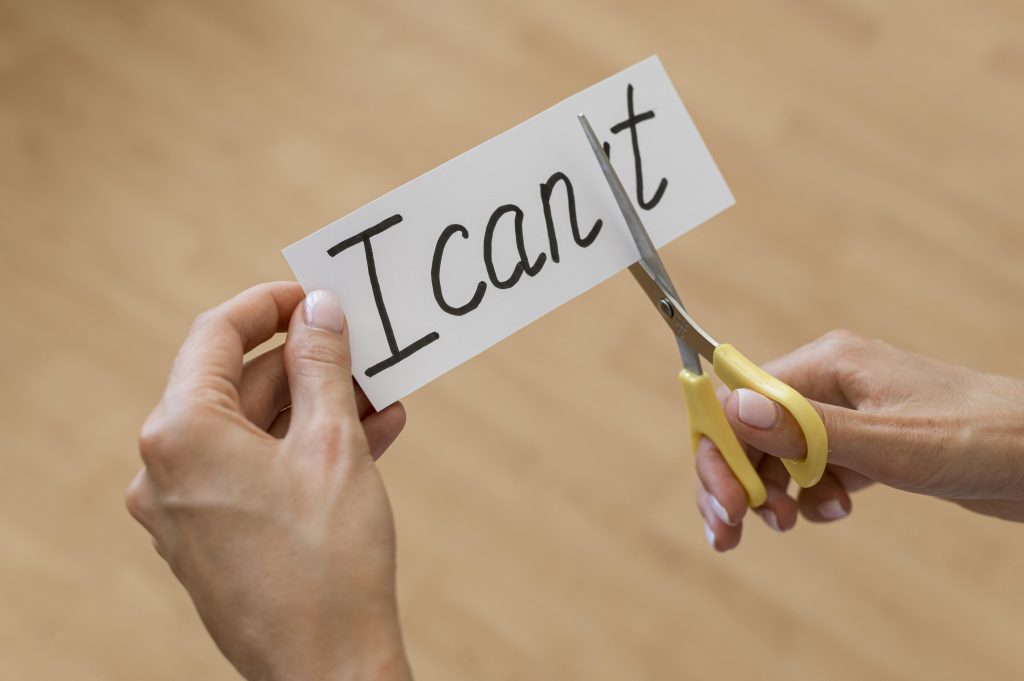- 21 days is a catchy myth, but forming a habit takes around 66 days
- Consistency beats intensity by making small, steady actions
- A 10-min workout goal vs. 60-min makes it easier to stay motivated
We’ve all asked it at some point: “How long does it take to form a habit?” For decades, the popular answer has been a neat “21 days,” a number that’s easy to remember but rarely accurate. Habit formation is far more complex and personal than a single magic number. In this article, I’ll break down the myth and share practical strategies to help you build habits that last.
The Myth of 21 Days
You’ve probably heard it a hundred times: it takes 21 days to form a habit. Sounds neat, right? The number is short, memorable, and gives you a nice, tidy finish line to look forward to. But it didn’t come from a psychological study. It came from Dr. Maxwell Maltz, a plastic surgeon in the 1960s, who noticed that his patients typically took around three weeks to adjust to changes in their appearance.

The Problem With One-Size-Fits-All Habits
Now, if you’ve ever tried to quit sugar, start running, or meditate daily, you already know the truth. Some habits start to feel natural in a couple of weeks, while others still feel awkward after months. How long does it take to form a habit? It depends on many factors: your personality, your lifestyle, your environment, and even the complexity of the habit itself.
Drinking a glass of water in the morning? Easy. Running five kilometers at 6 a.m.? Your brain might take a bit longer to stop arguing about it.
How long does it take to form a habit? What Science Actually Says
If you’ve ever wondered how long it takes to form a habit, science has a far less catchy but more realistic answer. Back in 2009, researcher Phillippa Lally and her team at University College London followed 96 people as they tried to form new habits. The results? On average, it took 66 days for a behavior to become automatic. Some participants locked in their habits in 18 days, while others needed closer to 254 days.
Why Habits Take Longer Than You Think
The wide range exists because habits and individuals differ from one another. The complexity of the habit plays a huge role:
- Brushing your teeth with your non-dominant hand? You might get used to that quickly.
- Training for a marathon when you’ve never run more than a bus-length? That could take a while.
Plus, your environment, daily routine, and even your mood can make a habit feel easier or harder to lock in.
Consistency Beats the Calendar
Research also shows that missing a day or two won’t ruin your progress. Habits aren’t like Jenga towers, collapsing at the first wobble. What matters most is showing up more often than not. If you do the thing most days, your brain will eventually get the message that this is just what we do now.
Once your habit becomes automatic, it feels less like a chore and more like brushing your teeth, something you don’t overthink; you do.

Turning Science Into Strategy
If you want your brain to embrace a new habit quickly, start with something so small it feels almost effortless. Instead of committing to an hour at the gym, promise yourself ten minutes. Small wins build momentum, which boosts motivation. Early success sends your brain a positive message: “Hey, this isn’t so bad,” making it easier to keep showing up.
Make Your Environment Do the Heavy Lifting
Your surroundings can work for you or against you:
- Want to eat healthier? Keep fruit in a bowl on the counter instead of hiding it in the fridge drawer.
- Trying to read more? Place your book on your pillow in the morning so it’s waiting at night.
By making the desired action obvious and convenient, you remove friction, one of the main factors that speed up or slow down habits. When the environment is set up for success, you don’t have to rely solely on willpower.
Build Rewards Into the Process
Rewards aren’t just for kids or pets. They work for your brain, too. Every time you complete your habit, find a small way to celebrate. It could be ticking a box on your tracker, enjoying your favorite tea, or simply pausing to feel proud. Rewards strengthen the brain’s association between the habit and positive feelings, which fuels motivation. And when motivation is high, difficulty feels lower.
How to Track Progress Without Obsessing Over Time
It’s tempting to mark off days on a calendar and wait for the magic habit number to arrive. But counting days can make you feel like you’re failing if progress takes longer than expected. Instead, measure how often you show up. Did you do your habit three times this week? That’s a win.
Consistency matters far more than speed, especially when considering the factors that speed up or slow down habits like motivation and difficulty. The calendar can’t see effort, but your habit tracker can.
Track How the Habit Feels
Habits aren’t just about doing something, but how they fit into your life. Ask yourself: “Is it feeling easier? Is your resistance dropping?” Sometimes the biggest sign of progress is that you no longer bargain with yourself to start. Noticing these emotional shifts is crucial because they reflect deeper changes than a simple day count. Your environment, motivation, and the difficulty level all influence how quickly you reach this point, but feelings often tell the real story.
When you shift your attention from time to progress, you stop seeing habits as a race and start seeing them as a lifestyle upgrade. You free yourself from the pressure of deadlines and focus on what actually matters. Whether your habit takes three weeks or three months to click in, tracking meaningful progress ensures you keep moving forward without the constant pressure of the clock.



